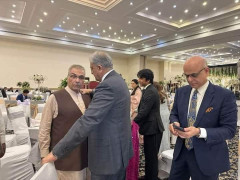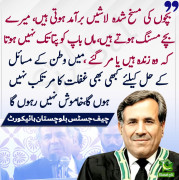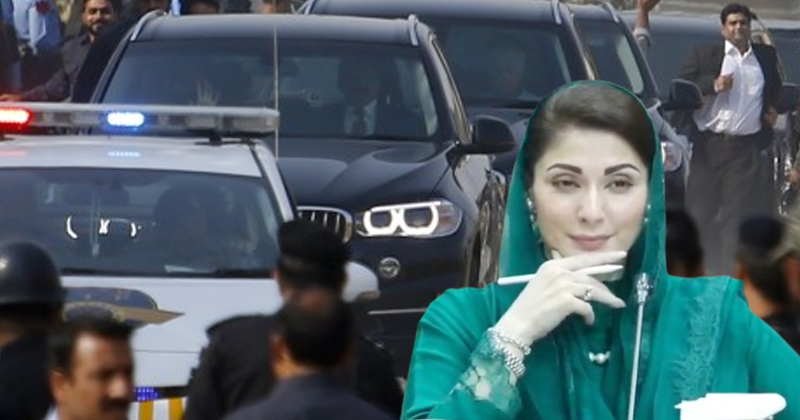
The Amman Message (Arabic: رسالة عمان) is a statement which was issued on 9 November 2004 (27th of Ramadan 1425 AH) by King Abdullah II bin Al-Hussein of Jordan, calling for tolerance and unity in the Muslim world.[SUP][1][/SUP] Subsequently, a three-point ruling was issued by 200 Islamic scholars from over 50 countries, focusing on issues of: defining who a Muslim is; excommunication from Islam (takfir), and; principles related to delivering religious edicts (fatāwa).[SUP][2][/SUP]
The Amman Message was delivered in Amman as a Ramadan sermon by Chief Justice Sheikh Iz-al-Din al-Tamimi in the presence of King Abdullah II and a number of Muslim scholars.[SUP][3][/SUP] According to a report issued by the International Crisis Group, "The sermon stressed the need to re-emphasise Islam's core values of compassion, mutual respect, tolerance, acceptance and freedom of religion."[SUP][1][/SUP] The next year, in July 2005, an Islamic convention brought together 200 Muslim scholars from over 50 countries who issued a three-point declaration (later known as 'Three Points of the Amman Message').[SUP][2][/SUP] This declaration focused on:[SUP][4][/SUP]
- The recognition of eight legal schools of thought (madhāhib) and the varying strains of Islamic theology viz.[SUP][5][/SUP]
- The forbiddance from pronouncing disbelief (Takfir) upon (or excommunicating) others recognized as Muslims
- The stipulations placed as preconditions to the issuing of religious edicts, intended to prevent the circulation of illegitimate edicts
http://en.wikipedia.org/wiki/Amman_Message
http://www.youtube.com/watch?v=-oYncCMVzzI



































